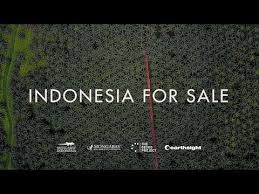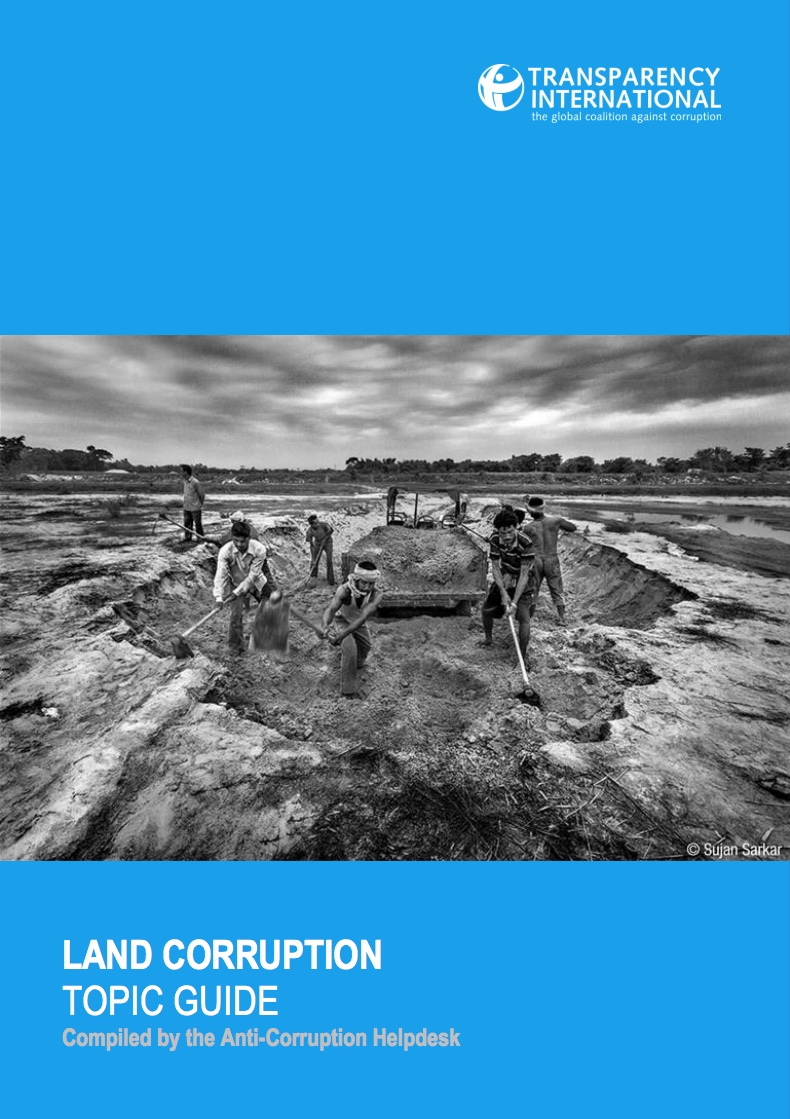Mitigating Land Corruption through Computerisation of Statutory Land Governance Activities: Evidence from DRC, Tanzania and Zambia
This study was on mitigating land corruption through computerisation of land governance activities that include land use planning, cadastral surveying, servicing of land, land allocation, land registration and titling and land development. Using evidence from Lubumbashi (Democratic Republic of the Congo), Dar es Salaam (Tanzania) and Kitwe (Zambia), the study used both primary and secondary data to conclude that despite computerisation of land governance activities in Tanzania and Zambia, corruption still persists.







